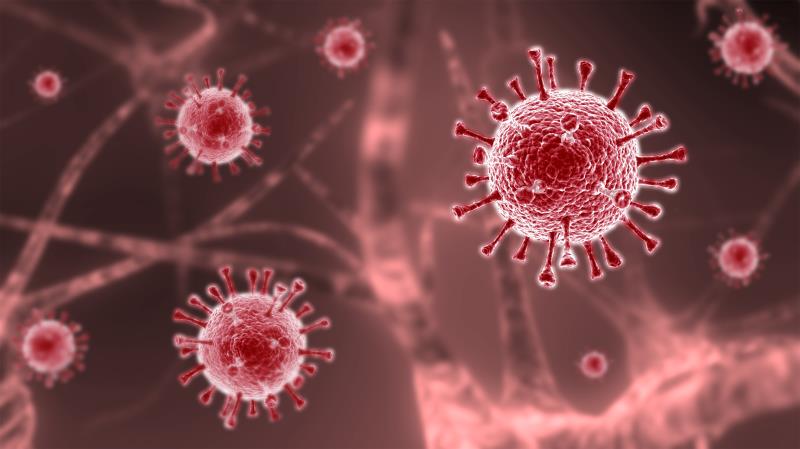
Early treatment with a triple antiviral combination of lopinavir-ritonavir, ribavirin, and interferon beta-1b significantly shortens the duration of virus shedding and reduces symptoms in patients with mild-to-moderate COVID-19 compared with lopinavir-ritonavir only, according to a recent study.
This phase II, open-label, multicentre trial evaluated 127 patients with virologically confirmed COVID-19 (median age 52 years, 54 percent male) who were admitted at six hospitals in Hong Kong between February 10 and March 20, 2020. Participants were randomized in a 2:1 ratio to receive the combination of lopinavir 400 mg and ritonavir 100 mg + ribavirin 400 mg every 12 hours + interferon beta-1b (three doses of 8 million IU on alternate days; n=86, triple combination arm) or lopinavir-ritonavir only for 14 days (n=41). NEWS2* and SOFA** scores were used to evaluate time to resolution of symptoms and disease severity, respectively. [Lancet 2020;doi:10.1016/S0140-6736(20)31042-4]
Patients who received the triple combination regimen <7 days from symptom onset had a significantly shorter duration of virus shedding in nasopharyngeal swabs than those who received lopinavir-ritonavir only (median, 7 vs 12 vs days; hazard ratio [HR], 4.37, 95 percent confidence interval [CI], 1.86–10.24; p=0.0010).
When virological outcomes were assessed individually, triple combination therapy was associated with a significantly shorter time to achieve negative viral load in all specimens, such as nasopharyngeal swab, posterior oropharyngeal saliva, throat swab, and stool samples, than the lopinavir-ritonavir only regimen, the researchers noted, “thereby reducing infectiousness of the patient.”
According to the Hong Kong Special Administrative Region public health ordinance, all patients with COVID-19 must remain in hospital until nasopharyngeal swab viral loads are negative on 2 consecutive days. In this study, a significantly shorter duration of hospital stay was observed in patients treated with triple therapy compared with lopinavir-ritonavir only (median, 9 vs 14.5 days; HR 2.72, 95 percent CI, 1.2–6.13; p=0.016).
Time to complete alleviation of symptoms was also significantly shorter in the triple combination arm vs the lopinavir-ritonavir arm, as shown by a NEWS2 score of 0 (4 vs 8 days; HR, 3.92, 95 percent CI, 1.66–9.23; p<0.0001) and SOFA score of 0 (3 vs 8 days; HR, 1.89, 95 percent CI, 1.03–3.49; p=0.041).
Diarrhoea (41 percent), fever (38 percent), nausea (34 percent), and raised alanine transaminase level (14 percent) were the most common adverse events (AEs) reported in both treatment arms.
The incidence of AEs was comparable between the triple combination and lopinavir-ritonavir arms (48.0 percent vs 49.0 percent), with one serious AE of biochemical hepatitis leading to treatment discontinuation occurring in the lopinavir-ritonavir arm.
“[This study shows that] triple antiviral therapy with lopinavir–ritonavir, ribavirin, and interferon beta-1b was safe and superior to lopinavir–ritonavir alone in shortening [the duration of] virus shedding, alleviating symptoms, and facilitating discharge of patients with mild-to-moderate COVID-19,” noted the researchers.
“Early treatment with a triple combination of modestly active antivirals is appropriate for the treatment of COVID-19 because the viral load of SARS-CoV-2 peaks at around the time of symptom onset … [and this treatment] should be a [novel] reasonable therapeutic approach,” they added.
*NEWS2: National early warning score 2
**SOFA: Sequential organ failure assessment score